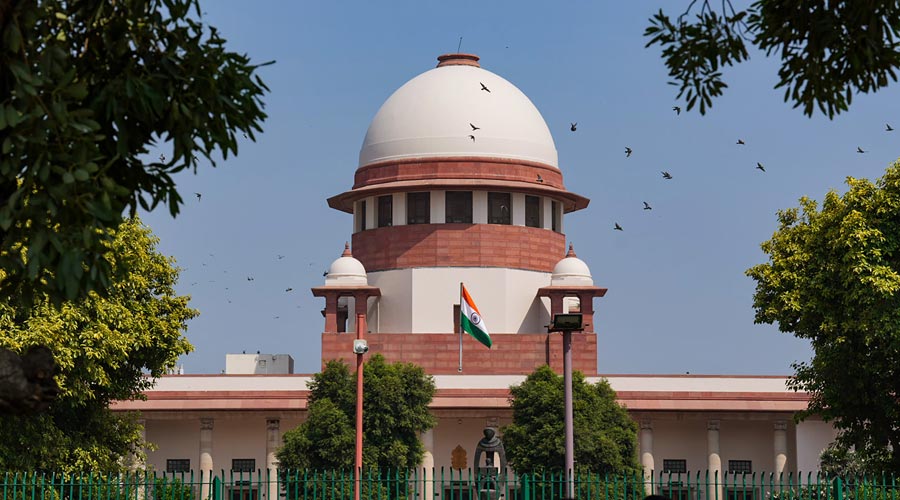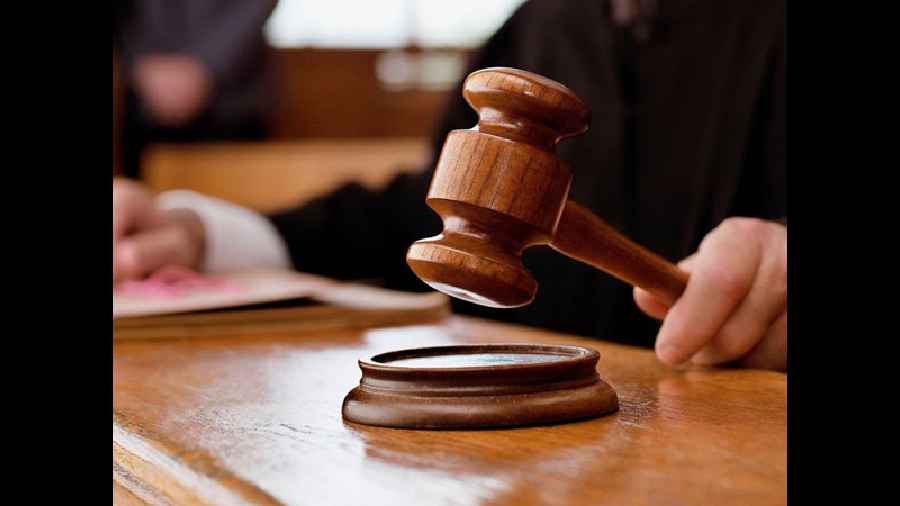The Centre on Sunday appointed as governor of Andhra Pradesh retired Supreme Court judge S. Abdul Nazeer, who was part of several key judgments including the one that allowed the construction of a Ram temple on the disputed Ayodhya land.
Justice Nazeer retired from the Supreme Court less than two months ago on January 4 this year. He was also part of the benches that looked into the demonetisation and instant triple talaq.
Justice Nazeer and another judge had dissented in the 3:2 majority verdict that barred instant triple talaq. Out of the five judges on the Ayodhya bench, Justice Ranjan Gogoi, the then Chief Justice of India, was nominated to the Rajya Sabha in March 2020 after his retirement on November 17, 2019.
The Ayodhya verdict was delivered on November 9, 2019. Last year, another judge of the bench, Justice Ashok Bhushan, was made head of the National Company Law Appellate Tribunal after his retirement in 2021.
On Sunday, Congress leader Jairam Ramesh tagged a video on Twitter of former Union minister Arun Jaitley saying in 2012 that “pre-retirement judgements are influenced by post-retirement jobs”. Asked about Justice Nazeer’s appointment, Congress spokesperson Abhishek Singhvi told a media conference: “One of your (BJP) tall leaders, sadly no more with us, Arun Jaitley, on September 5, 2013, in the House and several times outside stated that ‘the desire of a post-retirement job influences pre-retirement judgements. It is a threat to the independence of the judiciary’.”
He dismissed the argument that this had happened several times earlier also, so such an appointment was acceptable. “We are not talking about persons or individuals. Personally, I have very great respect for this person (Justice Nazeer). I know him, it is not about him at all. As a matter of principle, we oppose it, as a matter of principle, we believe it is a matter of great diminution and a great threat to the independence of the judiciary for the reasons I have just quoted on the excerpt I played out,” Singhvi said, referring to Jaitley’s remarks.
“Therefore, we condemn it, we oppose it and we do not agree with it,” the Rajya Sabha MP said. Among the remaining two judges on the Ayodhya bench, Justice S.A. Bobde became the Chief Justice of India by seniority and retired in 2021. Justice D.Y. Chandrachud became the 50th and current Chief Justice of India by seniority.
Justice Nazeer’s appointment as governor was part of a shuffle in 12 states that saw four leaders of the ruling BJP being sent to Raj Bhavans. This included the leader of Opposition in the Rajasthan Assembly, Gulab Chand Kataria, who was appointed governor of Assam. The three other BJP leaders are Lakshman Prasad Acharya (for Sikkim), C.P. Radhakrishnan (for Jharkhand) and Shiv Pratap Shukla (for Himachal Pradesh).
Shukla, a prominent Brahmin leader from Uttar Pradesh, was the chief whip of the BJP in the Rajya Sabha. President Droupadi Murmu accepted the resignation of Maharashtra governor Bhagat Singh Koshyari, who had earned the wrath of Maharashtra politicians over a remark on Shivaji Maharaj. Koshyari had recently desired to step down to spend time reading and writing. Jharkhand governor Ramesh Bais has been moved to Maharashtra.
The President also accepted the resignation of Ladakh lieutenant-governor Radha Krishna Mathur. Protests have been rising in Ladakh, demanding statehood and special status, and environmentalists raising concerns over a “development push” in the border area. B.D. Mishra, a retired brigadier, is the new lieutenant-governor of Ladakh. Another former army officer, Lt. General Kaiwalya Trivikram Parnaik (Retd), is the new governor of Arunachal Pradesh.
Two other key changes were in the Northeast states of Meghalaya and Nagaland, gearing up for polls. Bihar governor Phagu Chauhan was shifted to Meghalaya and Manipur governor La Ganesan moved to Nagaland.












